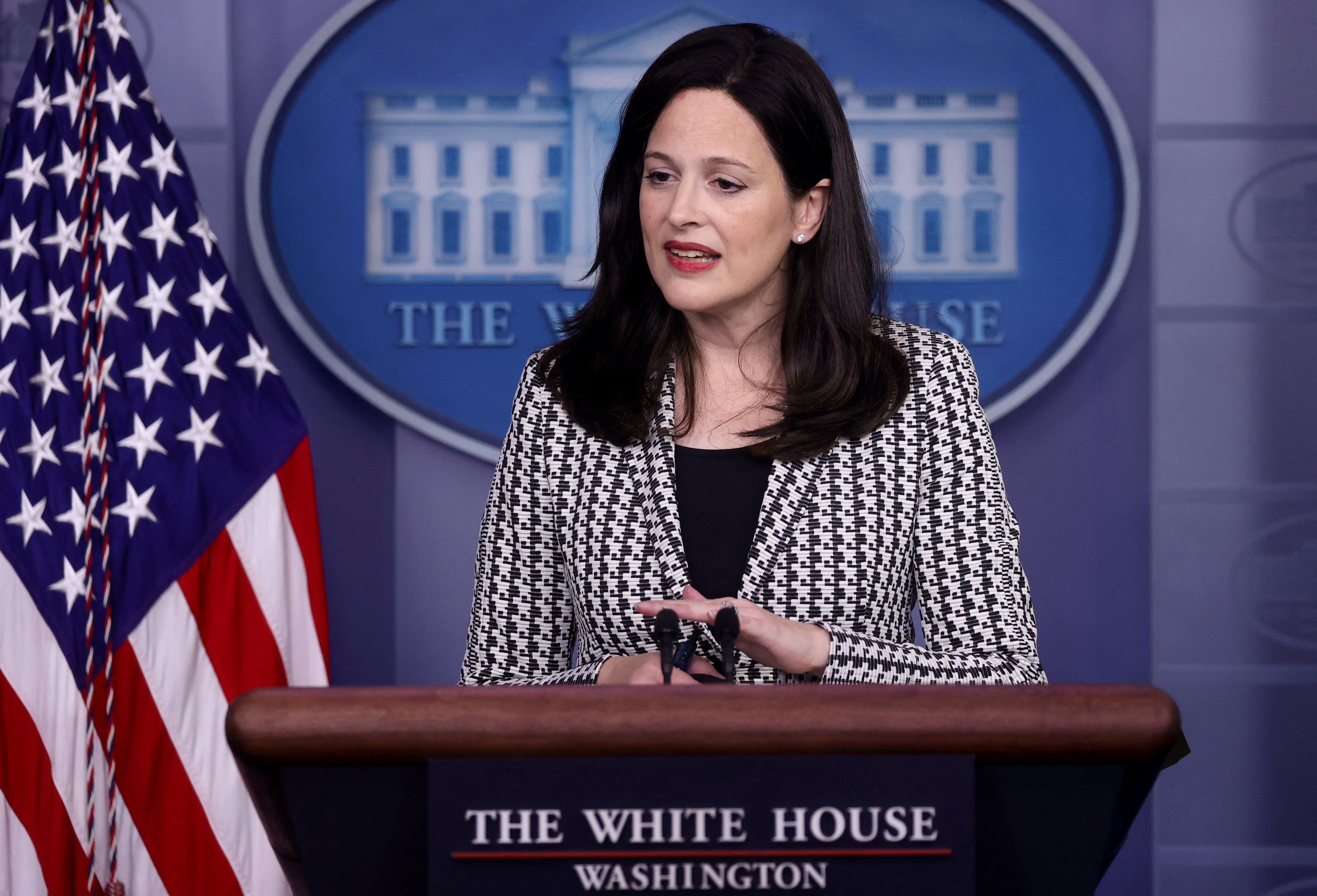Alliance Of 40 Countries To Vow Not To Pay Ransom To Cybercriminals, US Says

White House Deputy National Security Advisor for Cyber and Emerging Technology, Anne Neuberger, addresses cyber security during the daily press briefing at the White House in Washington, U.S. September 2, 2021. REUTERS/Jonathan Ernst/File Photo Acquire Licensing Rights
SAN FRANCISCO, Oct 31 (Reuters) – Forty countries in a U.S.-led alliance plan to sign a pledge never to pay ransom to cybercriminals and to work toward eliminating the hackers’ funding mechanism, a senior White House official said on Tuesday.
The International Counter Ransomware Initiative comes as the number of ransomware attacks grows worldwide. The United States is by far the worst hit, with 46% of such attacks, Anne Neuberger, U.S. deputy national security adviser in the Biden administration for cyber and emerging technologies, told reporters on a virtual briefing.
“As long as there is money flowing to ransomware criminals, this is a problem that will continue to grow,” she said.
In ransomware attacks, hackers encrypt an organization’s systems and demand ransom payments in exchange for unlocking them. Often they also steal sensitive data and use it to extort victims and leak it online if the payments are not made.
While hundreds of companies fall victim every year, high-profile U.S. attacks occurred in the last two months at casino operator MGM Resorts International (MGM.N) and cleaning products maker Clorox (CLX.N). Both companies have not yet fully recovered from the disruptions.
The new initiatives by the alliance aim to eliminate the criminals’ funding through better information sharing about ransom payment accounts, Neuberger said. Two information-sharing platforms will be created, one by Lithuania and another jointly by Israel and the UAE.
Reuters reported details of this initiative on Monday.
Partner countries will share a “black list” through the U.S. Department of Treasury that will include information on digital wallets being used to move ransomware payments, Neuberger said.
She added that the effort will use artificial intelligence to analyze blockchain with a view to identifying illicit funds.
The volume of crypto payments to ransomware attackers is on track for its second-biggest annual total on record, blockchain analytics firm Chainalysis said in July.
Reporting by Zeba Siddiqui in San Francisco; Editing by Cynthia Osterman
Our Standards: The Thomson Reuters Trust Principles.
READ MORE HERE



